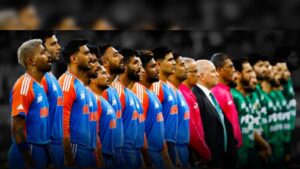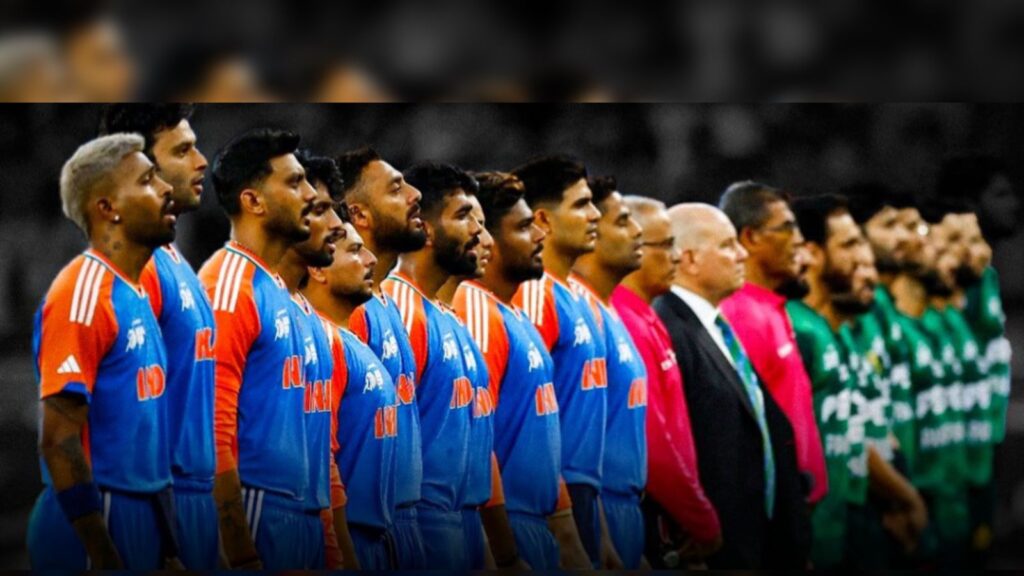
Ashok Namboodiri in Dubai
Some matches may be about statistics. India versus Pakistan is about psychology, politics, and survival. It’s not merely a rivalry; it’s an emotional earthquake that rattles two nations and holds the cricketing world hostage. Every ball is magnified, every error exaggerated, every victory immortalised.
The Asia Cup 2025 has made headlines for all the wrong reasons, with cricket taking a back seat. Mohsin Naqvi – who wears the hats of Pakistan Cricket Board (PCB) chief, Asian Cricket Council (ACC) head and Interior Minister – has become a character in this theatre, his words ricocheting across newsrooms and timelines. What started as a refusal to shake hands is now a social-media circus with videos and comments that are attracing more attention than the action on the ground. All stakeholders are impacted, and as a result, the players are under incredile stress.
To pretend this match is “just cricket” is to deny reality. The baggage of geopolitics always looms. Failed dialogues, frosty borders, and tense headlines seep into the contest, turning it into a proxy for pride. The players walk in not as individuals but as symbols of endurance, of belonging, of resistance. And yet, paradoxically, the game remains cricket at its purest: XI versus XI, talent against talent. The tension lies in this duality of the politics outside and the purity inside.
What sets India-Pakistan games apart isn’t the quality of cricket but the intensity of the mental battlefield. Skill is a prerequisite; nerve is the true differentiator. Think of Misbah-ul-Haq’s fateful scoop in Johannesburg in 2007. Or MS Dhoni’s ice-cool stumping in a high-voltage chase. Or Javed Miandad, grinning through the chaos before launching that last-ball six in Sharjah. These weren’t just technical acts. They were demonstrations of mental dominance – the ability to stay still in a storm.
And storms, in this rivalry, are everywhere. The stadium hums with hostility, the cameras probe for cracks, the commentators speculate endlessly. To deliver in that furnace is to win the inner battle before the outer one – which is to conquer fear before the opposition.
This is why the India-Pakistan rivalry feels larger than the sport.
It isn’t just about totals on the scoreboard but about moments that define generations. The 2017 Champions Trophy final, the 1986 Sharjah six, the 2007 World T20 – these are not mere games but part of cricket lore. Every child who grew up in Karachi or Kanpur knows where they were when those moments unfolded. Sunday’s final has the potential to join that pantheon, not because of what it would mean statistically, but because of the psychological scars and triumphs it will leave behind.
As players lace up for yet another showdown, the question is not who has the better batting depth or sharper new-ball pair. There are now charges being framed against each other, hearings being lined up and fines being imposed. And long after the tournament is done and dusted, this editon of the Asia Cup will be remembered for the outside noise.The question is: who can block it out? Who can tune out Naqvi’s rhetoric, mute the social-media hysteria, and find clarity amid the chaos? The one who does will not just win a trophy – he will etch his name into the mythology of this rivalry. India-Pakistan is not about cricket. It is about character. And in that crucible, legends are born.
Follow Revsportz for latest sports news




